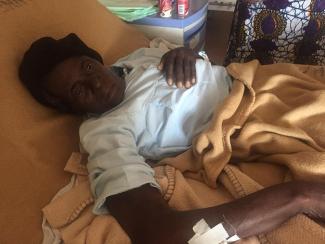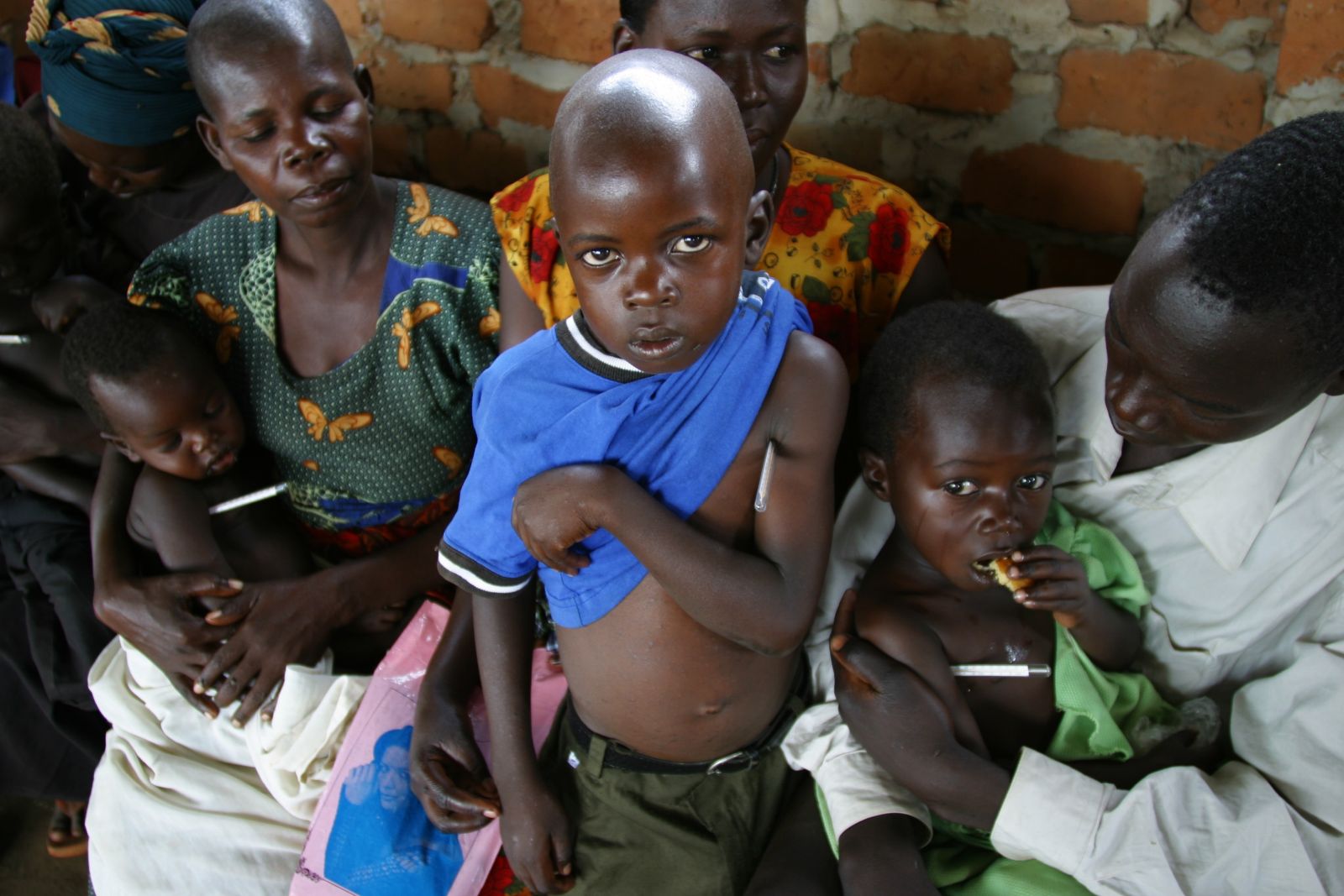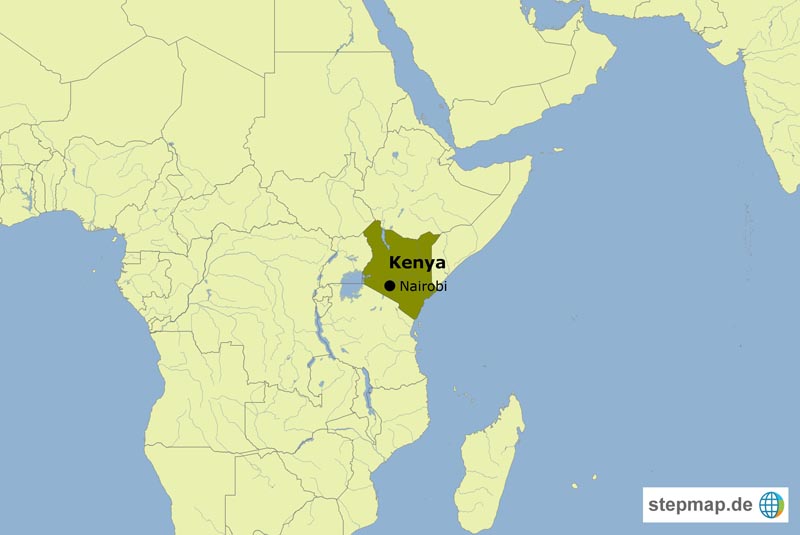Chronic disease
Costly diabetes drugs

Derick Samhindo is 45 years old and lives in Borrowdale Brooks, one of the posh suburbs of Harare, the Zimbabwean capital. He is a diabetes patient and has been in and out of hospital because of his chronic disease’s secondary impacts. Thanks to his prosperity, he was so far mostly able to afford the medical treatment he needs.
He apparently has not adapted his diet to his medical condition, however. He looks overweight. Many patients fail to lose weight, and doctors admit that it requires a strong sense of personal discipline. It helps when patients can get healthy food they like. That of course, is a question of money.
West of the capital, in the poor neighbourhood of Kuwadzana extension, 52-year old Linet Mandizvidza is not so fortunate. She too is an overweight diabetes patient. However, the only meal she has known for years is sadza, the country’s traditional staple food. It is a thick porridge made from boiled water mixed with mealie meal. It is not advisable for the diabetics in large amounts. Because of the long-lasting economic crisis, however, many people can no longer afford more expensive food.
Paying for the medical supplies Mandizvidza needs is a constant challenge. “There are few or no drugs for diabetic people like myself in public hospitals and I have to ensure I persuade well-to-do relatives to buy me the drugs so that I take them to help me live on in my fight against diabetes,” she reports. She is now suffering from hypertension, which is a typical consequence of inadequately-treated diabetes.
Diabetes is a metabolic disorder, so diets matter very much. Diabetics’ bodies do not process blood sugar well, so they should limit their consumption of sugar, carbohydrates and fruit, all of which increase blood sugar levels. Uncontrolled diabetes has severe impacts on the cardiovascular system, the eyes and other parts of the body. Consequences can be heart attacks, blindness or the amputation of limbs. The World Health Organization reckons that diabetes killed more people around the world in 2015 than HIV/AIDS, tuberculosis and malaria combined.
To some extent, diabetes results from a genetic predisposition, but it is also linked to a person’s lifestyle and environmental factors. In the early stages, the disease can be controlled by sticking to a healthy diet and exercising regularly, and in later stages medication such as metformin pills are needed. At some point, patients must regularly inject insulin, the world market price of which is currently very high (see Max Klein in Tribune section of D+C/E+Z e-Paper 2010/01).
In the past, diabetes was considered a disease of the wealthy. As life expectancies have increased around the world and a greater share of people than ever are obese, diabetes has become more common. According to official data, more than one third of Zimbabwe’s women and about 12 % of the men are overweight.
Elvis Norupiri, a medical practitioner in private practice in Zimbabwe, says: “Anyone can suffer from diabetes, either rich or poor. Mind you, Zimbabweans eat lots of carbohydrates and these contribute to diabetes.”
Ten percent of the people
The Zimbabwe Diabetic Association (ZDA) estimates that 1.4 million Zimbabweans or about 10 % of the people have diabetes. Government statistics indicate that rate too. Because many cases are never diagnosed, it is impossible to tell the true number. Those who lack access to health care may never learn they are affected by this disease.
ZDA is a non-profit organisation that represents – and supports – the growing number of people with diabetes, those at risk and their care givers. ZDA points out that a single diabetic patient may easily require a monthly $ 300 or more for medication and related costs. In Zimbabwe, that is a lot of money.
Things are particularly bad for those who need insulin. However, drugs like metformin and glibenclamide are becoming ever more expensive too. Consumer price inflation amounted to approximately 300 % last year, according to the International Monetary Fund, so people’s purchasing power has been declining fast.
Making matters worse, Zimbabwe’s government recently approved an increase in public hospital fees. An adult must now pay the equivalent of about $ 15 for a mere consultation. The public health system, moreover, is largely considered to be dysfunctional.
Not everything can be blamed on the economy and governance, however. Jonson Bhebhe, a Harare-based diabetes expert, finds it upsetting that “people have shelved nutritional foods and become obstinate in taking foods which are dangerous to their health”. He argues that people should stick to healthier diets. In his eyes, that need not be unaffordable.
Bhebhe links Zimbabwe’s increased diabetes prevalence to rapid urbanisation, industrialisation and changing diets. He also bemoans that “sedentary lifestyles” have led to less physical activity. Other chronic diseases are spreading in developing countries too (see Focus section in D+C/E+Z e-Paper 2018/03) The consequences are depressing. According to Bhebhe, some 17,000 Zimbabweans died because they were diabetics in 2014 alone.
Jeffrey Moyo is a journalist based in Harare, Zimbabwe’s capital.
moyojeffrey@gmail.com














